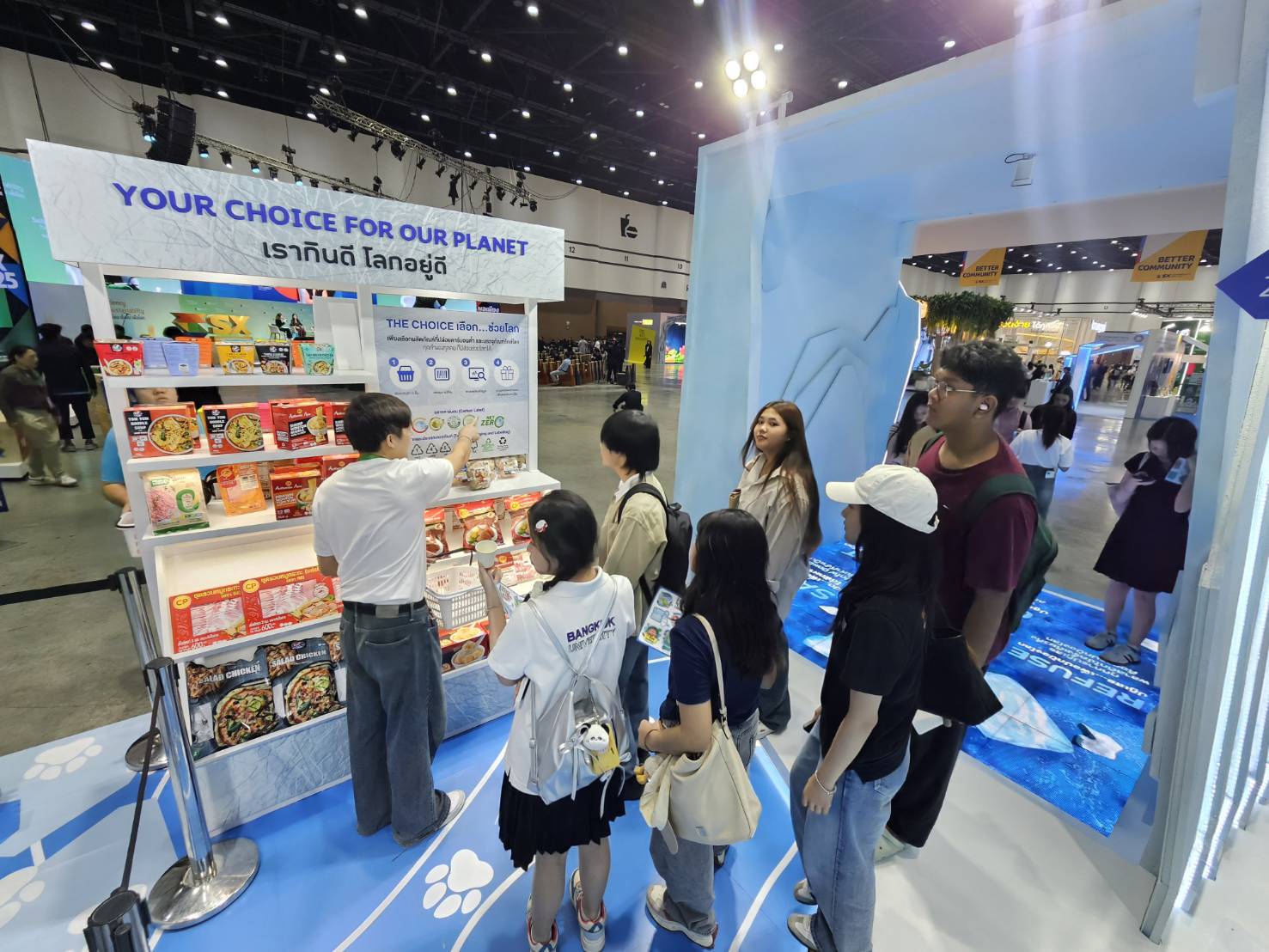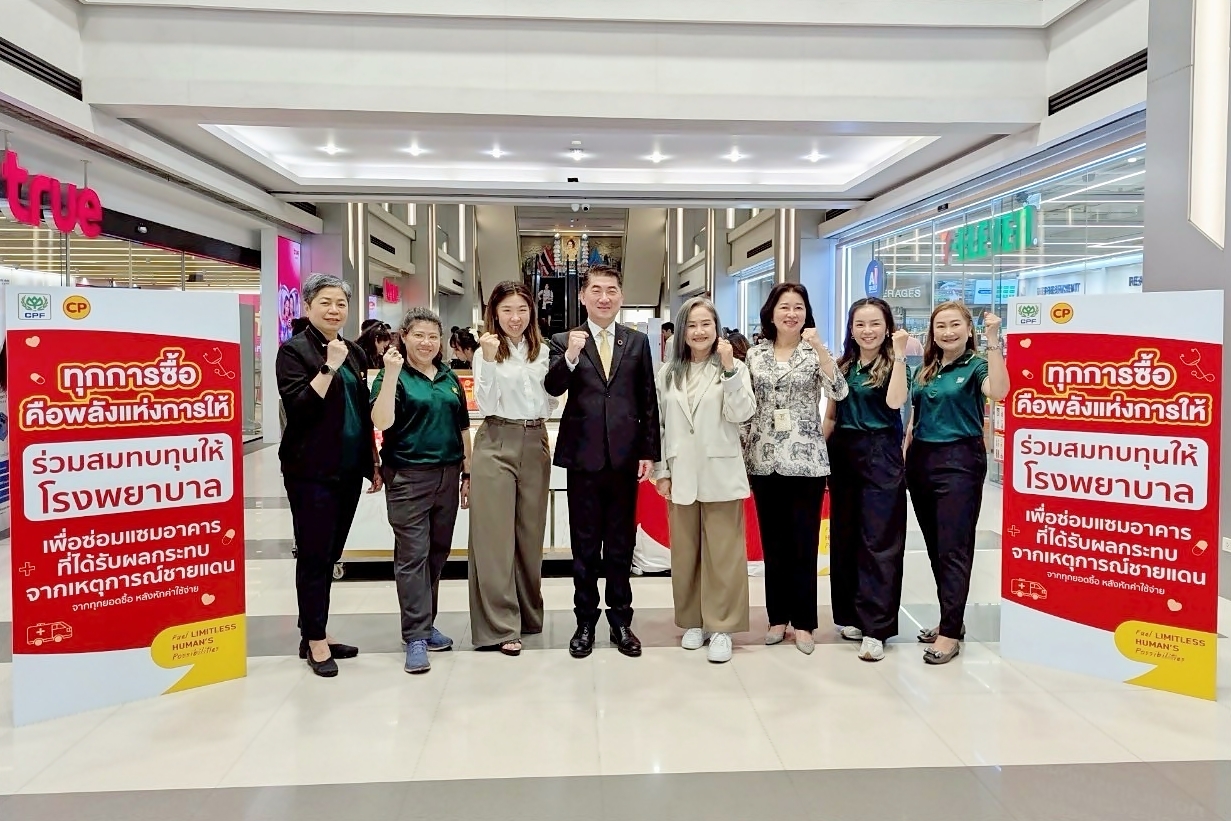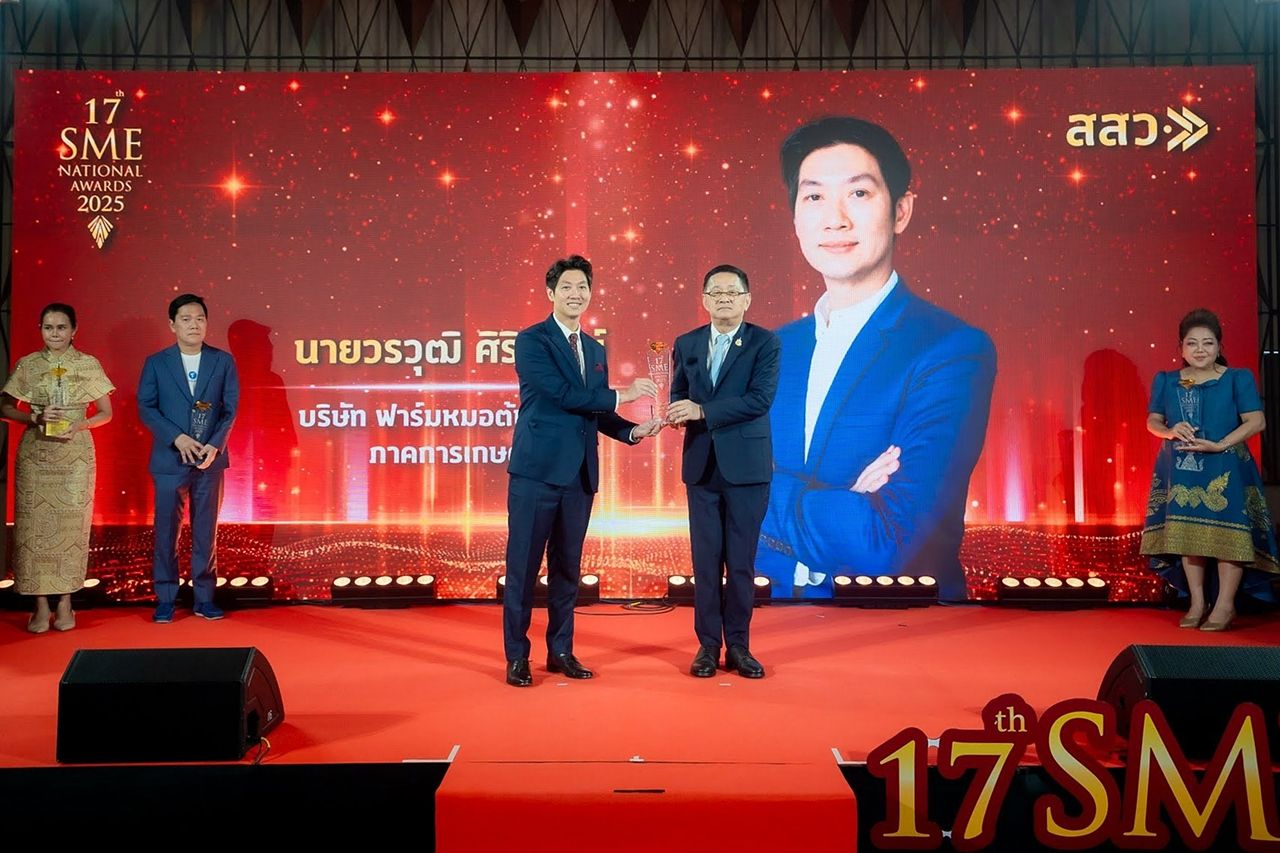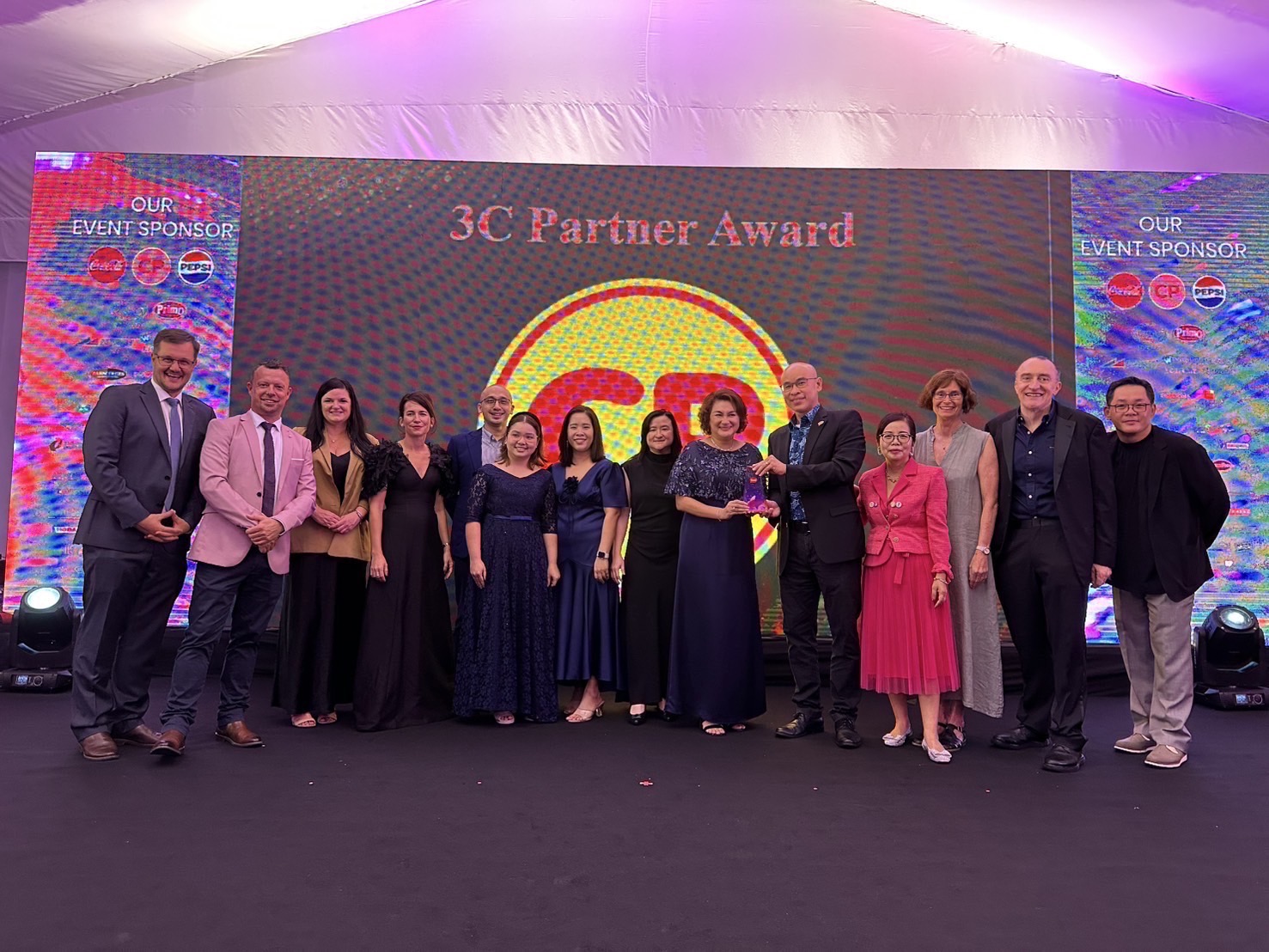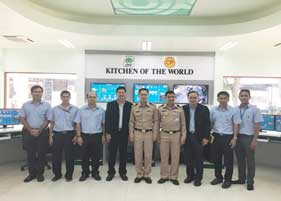

Charoen Pokphand Foods Public Company Limited (CPF) is confident that its procurement of fishmeal is completely in line with international sustainable practice and is 100% traceable back to the vessels at port. This was underlined during a visit of the Command Centre for Combatting Illegal Fishing (CCCIF) to the company’s Baan Phru aquatic feed factory this week.
CPF Vice President Mr. Jarus Aussawachanchaisakul said: “CPF currently buys raw materials only from fishmeal producers that meet the Responsible Supply Chain of Custody (RS CoC) standard set by the International Fishmeal and Fish Oil Organization (IFFO), which means fishmeal is used efficiently and is traceable. We are in the process of bringing more suppliers up to this standard.
“As a responsible producer, CPF suppliers, including all fishmeal factories and the vessels that supply them, must all undergo regular audits to ensure they meet the company’s high social and ethical standards."
In addition, CPF is actively communicating its traceability program to suppliers and other relevant parties in both the public and private sector, in an effort to bring about multi-stakeholder collaboration that will improve fishmeal procurement in Thailand and increase sustainable practice in the industry. At present, CPF only buys fishmeal from producers that are certified under the IFFO RS CoC standard, and the company aims to increase the number of certified suppliers to accommodate its production in the future. CPF started implementing its traceability program and improving its international standards of practice in 2012. In 2014, the firm co-founded the Shrimp Sustainable Supply Chain Task Force, which consists of major retailers in the US and the Europe, manufacturers in Thailand and international independent organizations. The task force’s mission is to improve Thailand’s seafood supply chain and find ways to ensure it is free from forced and illegal labor.
CPF has also initiated the Validation-At-Port Project, which goes beyond legal requirements by checking fishing vessels’ license plates, concession permits and VMS installation. CPF’s work is currently undergoing audits by an international auditing firm. Mr Jarus added: “We hope that today’s visit by the CCCIF to see the traceability program implemented at our Baan Phru aquatic feed factory demonstrates our total commitment to compliance with international standards of best-practice as well as Thailand’s fishing laws. We want all of our stakeholders to have confidence that the raw materials used in our production processes are legal and sustainably sourced.”






